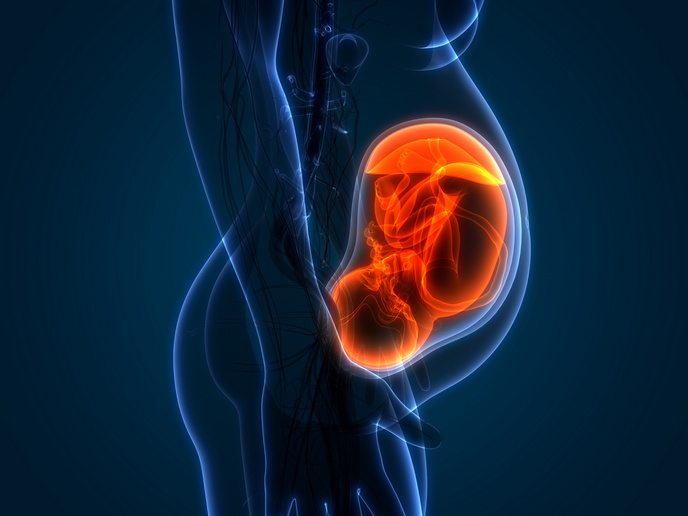New research avenues to prevent co-morbidities in obese patients
In the long list of obesity’s side effects stands hypogonadism. This reproductive disorder, which causes reduced fecundity rates in women and very low levels of testosterone in men, has been known to arise with morbid obesity over the last two decades. The mechanisms at play are still poorly understood. One thing that seems more and more plausible, however, is the fact that obesity-induced hypogonadism might actually worsen the probability of co-morbidities in patients with obesity. This is a vicious circle that the ReprObesity (Overweight-induced Hypogonadism as major factor for the generation and/or perpetuation of Metabolic Co-morbidities of Obesity: Contribution of Epigenetic Regulatory Mechanisms) project – undertaken with the support of the Marie Skłodowska-Curie programme – has been investigating since October 2016. Uncovering the reproductive consequences of obesity “While the ‘sexual’ consequences of hypogonadism might be more tangible (and of concern only for a fraction of obese patients), the wider implications of inappropriately low sex steroid levels for patients’ metabolic profile remain ill-defined,” says Manuel Tena-Sempere, Professor in Physiology at the University of Cordoba, Spain. “Better understanding of the mechanisms and consequences of obesity-induced hypogonadism may help us reduce such co-morbidities, but also tackle some reproductive and metabolic diseases.” It’s all in the kiss To get there, the project built upon previous preclinical evidence that Kiss1 neurons – a type of neuron in the hypothalamus expressing the Kiss1 gene to produce kisspeptins – are suppressed in conditions of obesity. Such a kisspeptin deficit would, in turn, result in central suppression of the reproductive axis. “Previous work from various groups, including our own, had revealed that the regulation of Kiss1 neurons involves epigenetic mechanisms in physiological conditions. So, we decided to find out whether epigenetic mechanisms – which include not only changes in DNA methylation and histone acetylation but also small, non-coding RNAs – play a pathophysiological role in the generation of obesity-induced hypogonadism,” Prof. Tena-Sempere explains. The molecular basis for the epigenetic/miRNA regulation of Kiss1 in conditions of obesity had never been studied before. While still in progress, the project has already opened new avenues for the regulation of the reproductive axis in physiological and pathological conditions. Prof. Tena-Sempere believes that ReprObesity’s preclinical data will help, over the long term, with the development of better tools for the management of reproductive and metabolic diseases in clinical settings. “This ambitious research line is still ongoing and some of its results will hopefully materialise in the coming months or years,” notes Prof. Tena-Sempere. “What I can tell you is that we have already disclosed novel epigenetic pathways that significantly contribute to development of obesity-induced hypogonadism. Most importantly, our work goes beyond demonstrating the pathophysiological relevance of hypogonadism in metabolic disease linked to obesity. It also illustrates how these epigenetic mechanisms might be targeted to reverse (part of) the metabolic and cardiovascular complications of obesity.” Looking to the future The project team intends to keep expanding its molecular and in vivo preclinical work, with a view to identifying the molecular basis and translational implications of ReprObesity’s findings. “Our long-term goal is to define better strategies to help obese patients and fight against the frequent metabolic and reproductive co-morbidities of this condition,” Prof. Tena-Sempere concludes.







